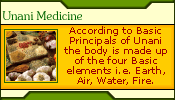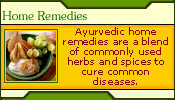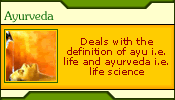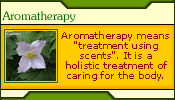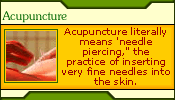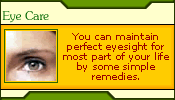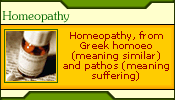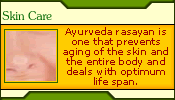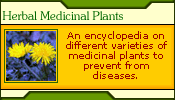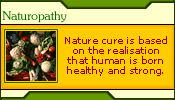|
In the human body, chlorine is liberated by the interaction of
common salt, taken along with food, and hydrochloric acid liberated
in the stomach during the process of digestion. It is essential
for the proper distribution of carbon dixoxide and the maintenance
of osmotic pressure in the tissues.
This food element is necessary for the manufacture of glandular
hormone secretions. It prevents the building of excessive fat and
auto-intoxication. Chlorine regulates the blood's alkaline -acid
balance and works with Potassium in a compound form. It aids in
the cleaning out of body waste by helping the liver to function.
Chlorine is found in cheese and other milk products, green leafy
vegetables, tomatoes, all berries, rice, radishes, lentils, coconuts
and egg yolk. No dietary allowance has been established, but an
average intake of daily salt will ensure adequate quantity of chlorine.
Deficiency of this mineral can cause loss of hair and teeth.
Chlorine is formed when chlorine gas dissolves in water but is
also a dietary mineral needed by the body for optimum health.
Chlorine is required for
Chlorine in the diet works with potassium and sodium, the two electrolytes,
to control the flow of fluid in blood vessels and tissues, as well
as regulating acidity in the body, and also forms part of hydrochloric
acid in the stomach.
Deficiency of Chlorine
A deficiency of Chlorine is extremely rare and unlikely to occur
but a deficiency of chlorine in the body may cause excessive loss
of potassium in the urine, weakness and lowered blood pressured.
Dosage
The dosage underneath is the Recommended Daily Allowance (RDA),
but be aware that this dosage is the minimum that you require per
day, to ward off serious deficiency of this particular nutrient.
In the therapeutic use of this nutrient, the dosage is usually increased
considerably, but the toxicity level must be kept in mind.
Toxicity and symptoms of high intake
A high concentration of Chlorine in the body may result in fluid
retention, but sodium is normally the culprit for the retention.
When more may be required
When you suffer from vomiting, diarrhea and excessive sweating
you might be in need of extra chlorine.
Other interesting points
The chlorine in tap water, used for purification, normally evaporates
when boiled.
Food sources
Chlorine is found in table salt as well as kelp, olives, tomatoes,
celery etc.
|



